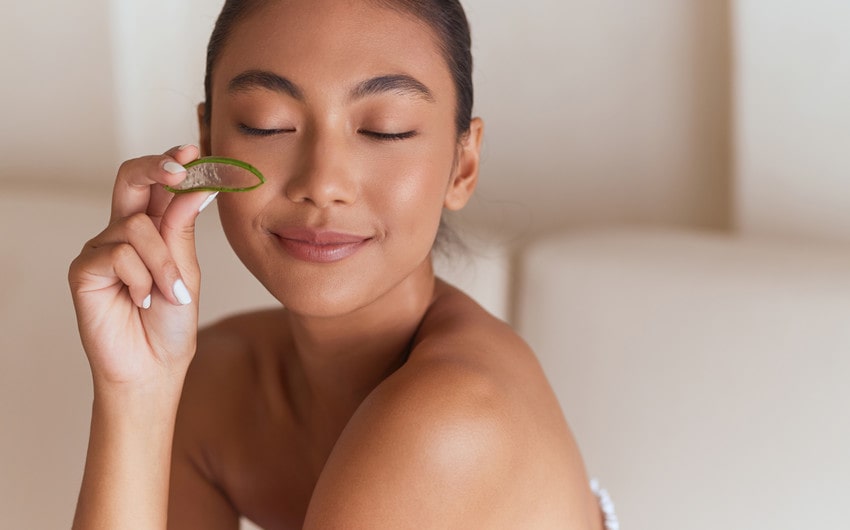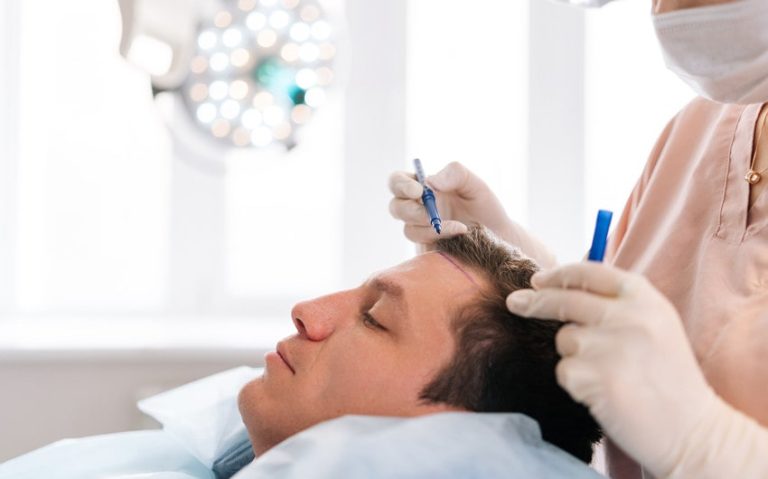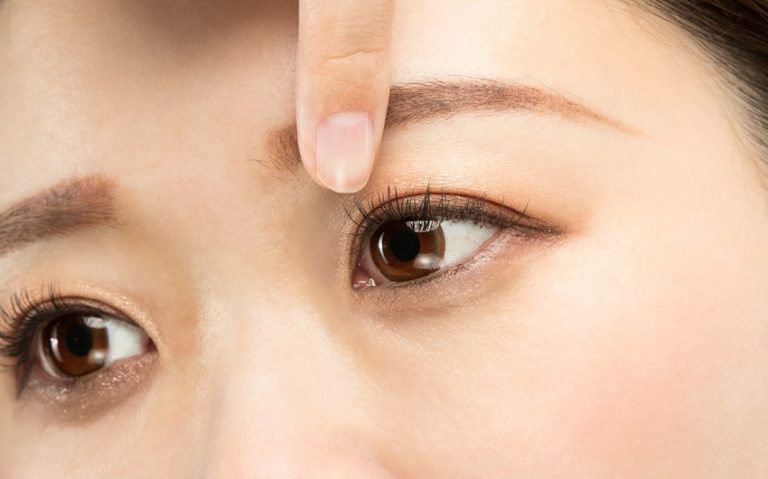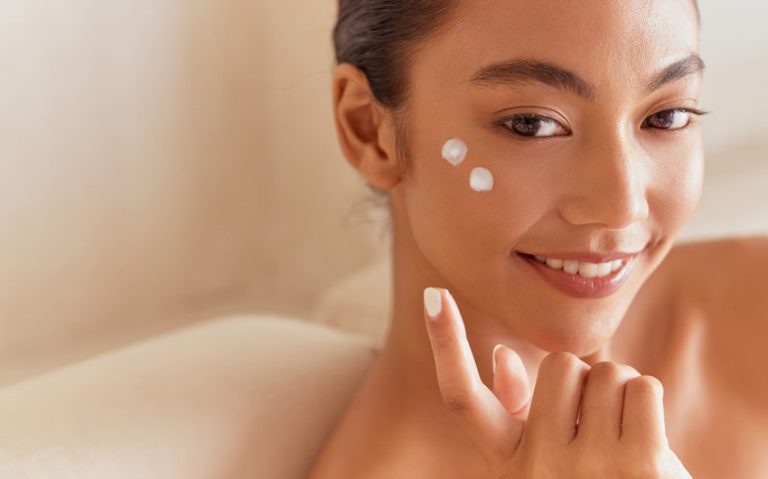Are you tired of dealing with skin problems? Don’t worry, you’re not alone! Many people face common skin issues like acne, dryness, and more. In this guide, we’ll show you how to fight these problems and get healthier, happier skin.
Common Skin Problems
1. Acne
Acne is those pesky bumps and pimples that pop up on your face, neck, or back. It happens when your skin’s tiny holes (called pores) get clogged with oil and dead skin cells.
How to fight acne:
- Wash your face twice a day with a gentle soap
- Don’t touch your face too much
- Use acne creams with ingredients like benzoyl peroxide or salicylic acid
- If acne is really bad, talk to a dermatologist for help
2. Dry Skin
Dry skin feels rough, itchy, and sometimes flaky. It happens when your skin doesn’t have enough water or natural oils.
How to beat dry skin:
- Use a gentle, fragrance-free moisturizer every day
- Take shorter showers with warm (not hot) water
- Pat your skin dry instead of rubbing it
- Drink plenty of water to keep your body hydrated
3. Oily Skin
Oily skin looks shiny and feels greasy. It happens when your skin makes too much oil.
Tips for oily skin:
- Wash your face twice a day with a gentle cleanser
- Use oil-free moisturizers and sunscreens
- Try blotting papers to soak up extra oil during the day
- Don’t scrub your face too hard – it can make your skin produce more oil!
4. Redness and Irritation
Sometimes your skin might look red or feel itchy and uncomfortable. This can happen for many reasons, like allergies or skin conditions.
How to calm irritated skin:
- Use gentle, fragrance-free products
- Apply a cool, damp cloth to your skin
- Try creams with soothing ingredients like aloe vera or chamomile
- If the problem doesn’t go away, talk to a dermatologist
5. Dark Spots
Dark spots are areas where your skin looks darker than the rest. They can be caused by the sun, acne scars, or other skin damage.
Ways to fade dark spots:
- Always wear sunscreen to prevent more spots
- Try creams with ingredients like vitamin C or kojic acid
- Be patient – it takes time for spots to fade
- For stubborn spots, ask a dermatologist about special treatments
General Tips for Healthy Skin
No matter what skin issues you face, these tips can help everyone:
- Eat a healthy diet: Fruits, vegetables, and plenty of water can help your skin look its best.
- Get enough sleep: Your skin repairs itself while you sleep, so aim for 8-10 hours each night.
- Protect your skin from the sun: Always wear sunscreen, even on cloudy days.
- Don’t smoke: Smoking is bad for your skin and your overall health.
- Manage stress: Too much stress can make skin problems worse. Try relaxing activities like deep breathing or yoga.
- Be gentle with your skin: Don’t scrub too hard or use harsh products that can damage your skin.
- Know your skin type: Understanding if you have oily, dry, or combination skin can help you choose the right products.
When to See a Dermatologist
Sometimes, skin problems are too tough to handle on your own. It’s time to see a dermatologist if:
- Your skin problem doesn’t get better with home care
- You have a mole or spot that changes shape, size, or color
- Your skin issue is making you feel upset or embarrassed
- You have questions about your skin that you can’t find answers to
Remember, a dermatologist is a skin doctor who can give you expert advice and treatments for all kinds of skin problems.
The Importance of a Skincare Routine
Having a daily skincare routine can make a big difference. Here’s a simple routine to start with:
- Cleanse: Wash your face morning and night to remove dirt and oil.
- Tone: (Optional) Use a toner to balance your skin after cleansing.
- Moisturize: Apply a moisturizer to keep your skin hydrated.
- Protect: Use sunscreen during the day to shield your skin from sun damage.
As you get older, you might add more steps like using special serums or eye creams.
Natural Remedies for Skin Issues
Some people like to try natural remedies for their skin. Here are a few that might help:
- Honey: It’s naturally antibacterial and can help with acne and dry skin.
- Aloe vera: Great for soothing irritated or sunburned skin.
- Oatmeal: Can calm itchy or inflamed skin.
- Tea tree oil: Might help fight acne (but always dilute it first!).
Remember, even natural remedies can cause reactions in some people. If you’re not sure, ask a dermatologist before trying something new.
Conclusion
Taking care of your skin doesn’t have to be hard or scary. By following these tips and being patient, you can help your skin look and feel its best. Everyone’s skin is different, so what works for your friend might not work for you. Don’t be afraid to try different things or ask for help from a skin doctor. With the right care, you can tackle common skin issues and enjoy healthier, happier skin!







